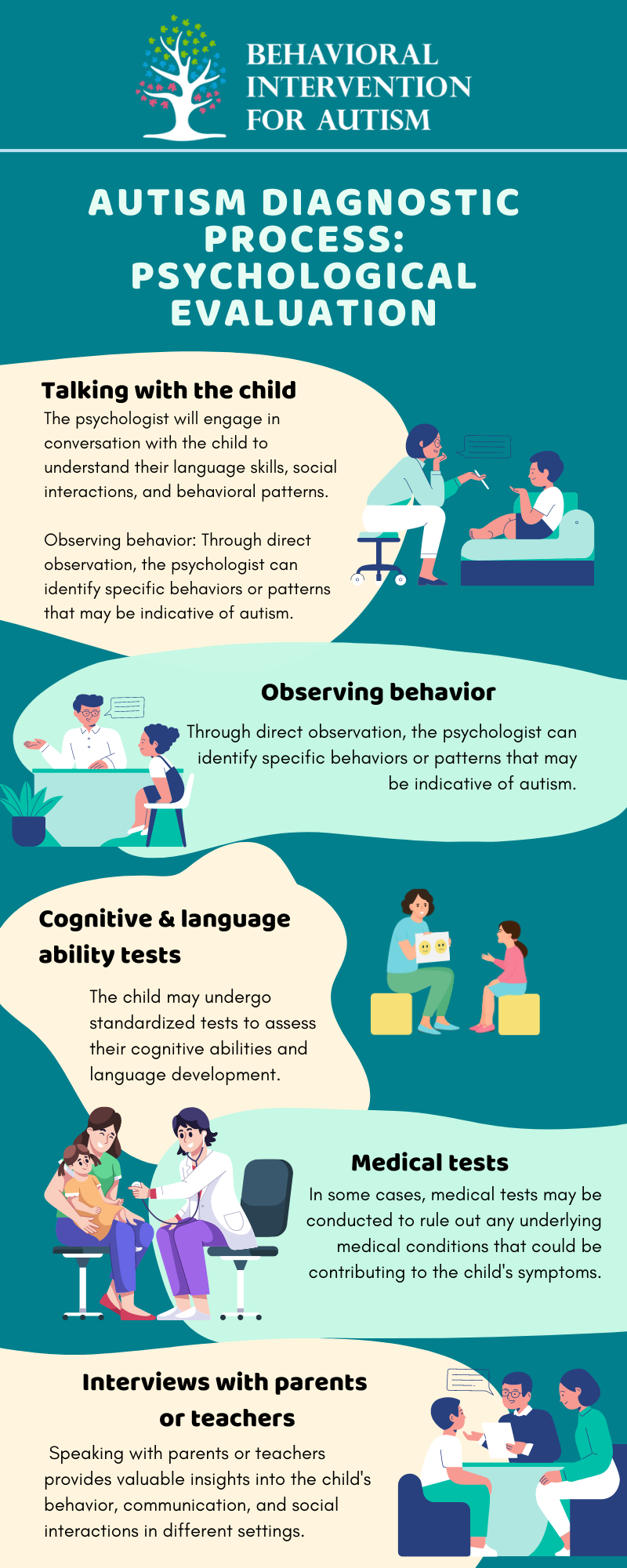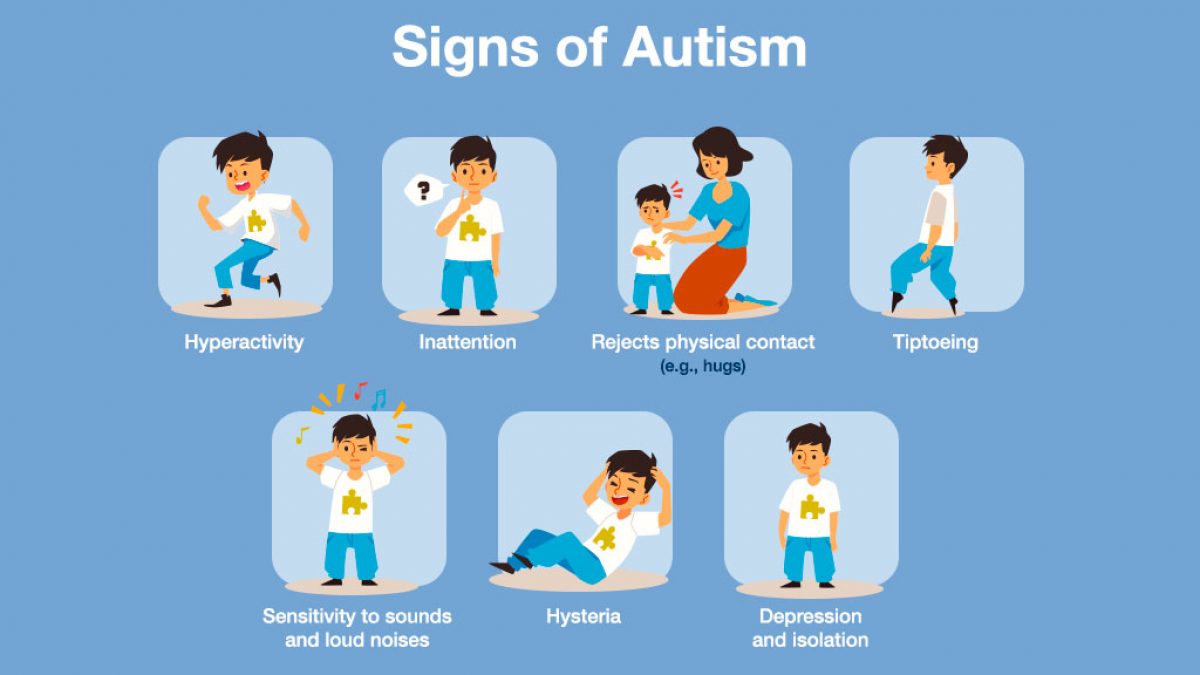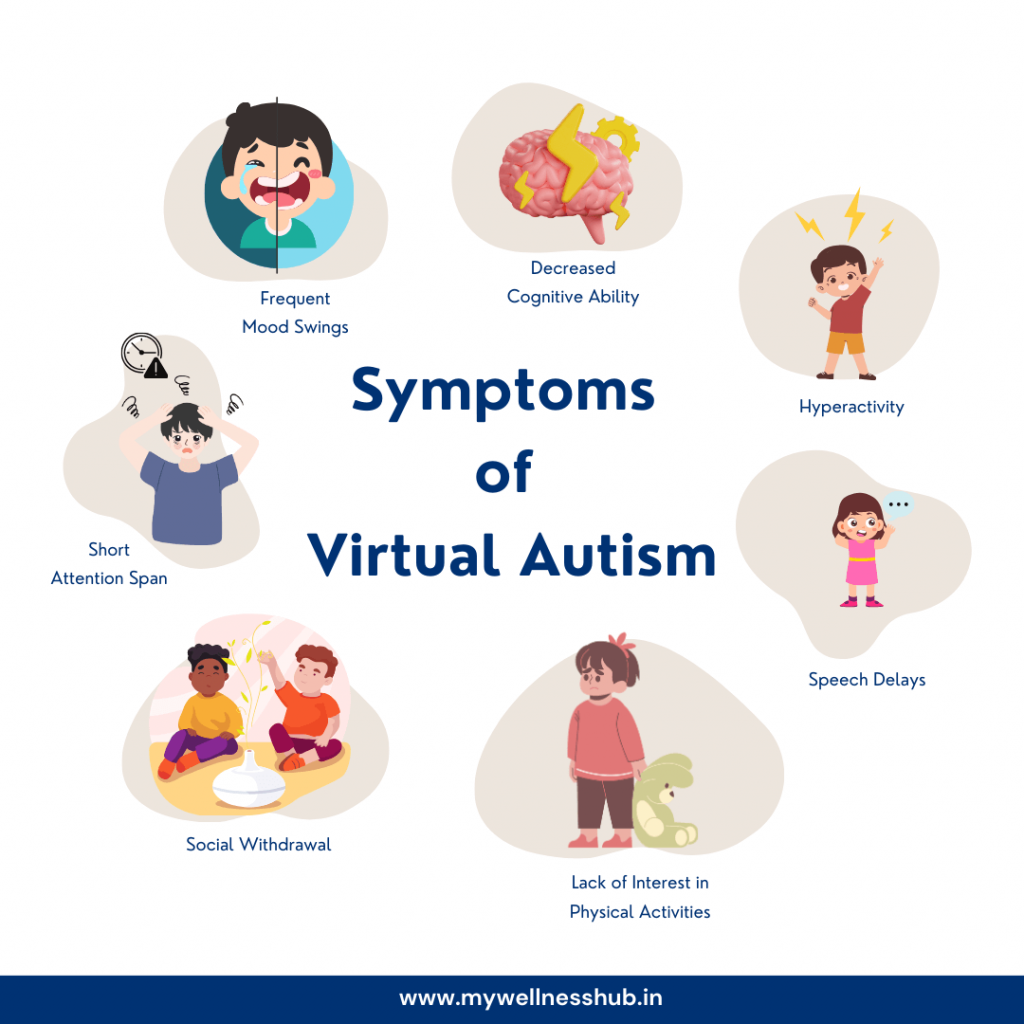How peer relationships can improve with guidance from Autism Spectrum Therapies specialists
How peer relationships can improve with guidance from Autism Spectrum Therapies specialists
Blog Article
Recognizing the Impact of Behavioral Autism on Day-to-day Live and Social Communications
You could not realize exactly how deeply behavioral autism influences day-to-day live and social interactions. Individuals on the range typically browse a world loaded with communication difficulties and sensory overload. These obstacles can result in aggravation and isolation, affecting their relationships and general well-being. Understanding these subtleties is essential for fostering supportive atmospheres. What strategies can we implement to develop even more purposeful links and inclusive rooms? The responses could shock you.
Specifying Behavior Autism and Its Features
Behavior autism, usually described as autism spectrum disorder (ASD), includes a series of problems identified by obstacles in social interaction, communication, and repetitive habits. You could observe that individuals with ASD typically have a hard time to analyze social hints, which can lead to misunderstandings in discussions. They may locate it hard to establish eye get in touch with or engage in little talk, making social situations feel frustrating.
Communication problems can manifest in numerous means, from postponed speech development to a preference for making use of less words. Repetitive behaviors, such as hand-flapping or shaking, can work as coping mechanisms to manage stress or sensory overload. These attributes can profoundly impact every day life, making it vital for you to comprehend and support those with ASD. By acknowledging these qualities, you can cultivate an atmosphere that promotes approval and encourages efficient communication, assisting individuals with autism grow in their everyday interactions.
The Spectrum of Autism: Comprehending Irregularity in Behavior
Autism spectrum disorder (ASD) isn't a one-size-fits-all medical diagnosis; it differs commonly amongst people. You might observe that some individuals with ASD show mild signs, while others may deal with more considerable obstacles. This variability can materialize in behaviors, rate of interests, and sensory sensitivities. You may encounter individuals who are very verbal and involve quickly in conversations, while others may prefer solitary activities or communicate non-verbally.
In addition, the method individuals with ASD reply to sensory input can differ substantially; some could be overwhelmed by brilliant lights or loud sounds, whereas others prosper in boosting atmospheres. The range likewise includes differences in social communications; some people may struggle to translate social hints, while others navigate social settings with loved one convenience. Comprehending this variability is important, as it helps you appreciate each person's one-of-a-kind experience and dressmaker support to their specific requirements, fostering a much more comprehensive environment for everyone.
Communication Obstacles Faced by People With Autism
When you connect with individuals on the autism range, you may see their special communication difficulties. They commonly encounter troubles with both nonverbal and verbal signs, which can impact their social communications. Comprehending these obstacles is crucial for fostering much better connections and support.

Verbal Communication Difficulties
Several individuals on the autism range experience verbal communication troubles that can significantly influence their day-to-day communications. Your rate, tone, or volume could not align with social expectations, triggering others to misinterpret your objectives. Identifying these obstacles can help you and your assistance network establish approaches to boost interaction and promote better links with others in your everyday life.
Nonverbal Interaction Barriers
Verbal interaction isn't the only obstacle individuals on the autism range face; nonverbal interaction obstacles can be just as considerable. These difficulties can lead to misunderstandings or false impressions of social signs, making interactions feel overwhelming or confusing. By attending to nonverbal communication, you can find techniques to boost your social experiences and boost your general top quality of life.
Social Interaction Influences
Social interactions can usually feel frustrating due to the distinct interaction obstacles dealt with by people with autism. You may battle with analyzing social cues, making it difficult to comprehend mockery or body language. This can cause misconceptions or uncomfortable moments in conversations. Additionally, starting and preserving discussions may really feel tough, triggering anxiousness in social circumstances. You may favor structured environments, making spontaneous communications awkward. It's likewise common to experience difficulty in participating in tiny talk, which can hinder creating brand-new relationships. Acknowledging these difficulties can assist you find strategies to boost communication, such as exercising social skills in risk-free settings or making use of visual aids - Autism Behavioral Therapy. Understanding your needs permits you to navigate social interactions with greater confidence and simplicity.
Social Communication and Relationship Building in Autism
While structure relationships can be challenging for individuals with autism, recognizing their distinct viewpoints and interaction styles can promote meaningful connections. You may observe that many individuals on the range prefer direct interaction and might fight with social hints or little my link talk. By being uncomplicated in your interactions, you can help create an atmosphere where they really feel comfy.
Involving in shared passions can likewise offer as a bridge to deeper links. Whether internet it's a leisure activity, a favorite show, or a shared passion, these typical threads can open doors to friendship.
Every Day Life Routine: Navigating Strategies and obstacles
Steering day-to-day life regimens can be especially challenging for individuals with autism, specifically when unanticipated adjustments happen. You may discover comfort in having an organized routine, as it assists you anticipate what's following. When disturbances occur, it's typical to feel overwhelmed or anxious. To navigate these challenges, consider applying visual schedules or lists. These tools can provide quality and peace of mind.
Establishing a regimen that includes sensory breaks can additionally be beneficial. You can plan brief breaks throughout your day to reenergize. It's vital to connect with those around you, letting them understand your preferences and requirements. This assists develop an understanding setting.
Last but not least, technique mindfulness techniques to handle stress and anxiety. Easy breathing workouts or grounding strategies can make a significant distinction. By integrating these methods, you can boost your day-to-day routine and decrease disruptions, making life feel a lot more manageable.
Strengths and Abilities of Individuals on the Autism Spectrum
Recognizing everyday life routines is just one element of the autism experience. Lots of people on the autism spectrum possess remarkable staminas and capabilities that set them apart.
Additionally, your memory skills frequently shine, especially in areas of passion. Aba Therapist. This propensity for preserving details can make you a useful resource in fields like scientific research, innovation, or art. You might also exhibit solid visual reasoning, allowing you to imagine intricate ideas and resolve issues creatively
In addition, your special viewpoint on the world can foster compassion and understanding in others, enriching social communications. Embracing these toughness not only improves your self-confidence however also helps others value the diverse abilities you offer the table.
Producing Inclusive Atmospheres for Individuals With Autism
Producing inclusive atmospheres for individuals with autism starts with making sensory-friendly areas that satisfy their special needs. You can likewise foster possibilities for social interaction, assisting to build links and relationships. By making these adjustments, you'll contribute to a much more welcoming environment for everybody.
Creating Sensory-Friendly Spaces
While making sensory-friendly rooms, it's important to reflect on the unique demands of individuals with autism. Include silent zones where individuals can pull back and recharge when overwhelmed. Include visual timetables or clear signs to aid people navigate the space with confidence.
Advertising Social Interaction Opportunities
Designing sensory-friendly areas not just addresses specific comfort however additionally sets the stage for purposeful social communications among individuals with autism. Urge peer mentoring, matching individuals with autism with encouraging peers that can lead them through social circumstances. By applying these strategies, you can improve websites social chances, aiding individuals with autism build friendships and reinforce their social skills in a secure, inviting setting.

Regularly Asked Questions
Just How Can Pals Support Someone With Behavioral Autism?
You can support a good friend with behavioral autism by holding your horses, paying attention proactively, and appreciating their borders. Participate in tasks they enjoy, communicate openly, and create a comfy setting where they really feel valued and comprehended.
What Resources Are Offered for Moms And Dads of Children With Autism?
You can discover different resources for moms and dads of kids with autism, including assistance groups, instructional internet sites, and regional social work. Getting in touch with other parents can additionally offer valuable understandings and shared experiences to assist browse difficulties.
Can Behavioral Autism Modification In Time?

Yes, behavior autism can alter gradually. You might see shifts in interaction, social abilities, and behavior as your child expands. Early intervention and support typically play important functions in these developmental adjustments.
How Do Sensory Level Of Sensitivities Influence Life?
Sensory sensitivities can make day-to-day experiences frustrating. You might fight with loud noises or bright lights, bring about tension or avoidance. Discovering environments that suit your demands can substantially improve your comfort and general day-to-day live.
What Are Usual Misconceptions Concerning Behavioral Autism?
You might think behavioral autism only impacts communication skills, however it's even more complex. Lots of think people lack empathy or intelligence, which isn't true. Understanding these misunderstandings assists foster acceptance and assistance for those on the range.
Behavior autism, often referred to as autism spectrum condition (ASD), includes an array of problems defined by difficulties in social interaction, communication, and repetitive behaviors.Social communications can usually really feel frustrating due to the distinct communication challenges faced by people with autism.Designing sensory-friendly areas not only addresses individual convenience yet additionally sets the stage for purposeful social communications amongst people with autism. Encourage peer mentoring, pairing individuals with autism with encouraging peers who can guide them through social situations. By executing these methods, you can improve social opportunities, aiding people with autism develop friendships and strengthen their social skills in a secure, welcoming environment.
Report this page